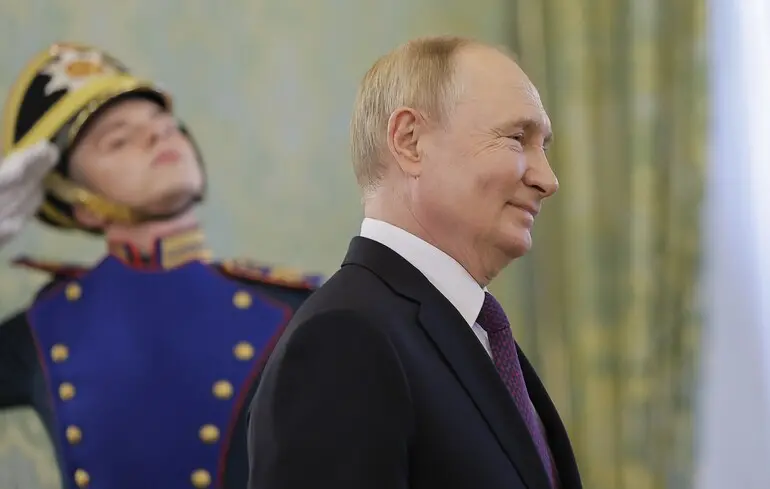Europe’s Insufficient Response to Russian Provocations Risks Escalation, Experts Warn

Over the past two weeks, the security situation across Europe has reached its most critical point since Russia’s full-scale invasion.
Russian President Vladimir Putin has been actively testing NATO’s resilience through provocative acts, aiming to destabilize the region further.
These actions include deploying swarms of drones forcing NATO fighters to scramble over Poland and Romania, as well as Russian MiG-31 jets entering Estonian airspace over the Gulf of Finland for 12 minutes on September 19.
These are calculated moves, not isolated incidents, indicating Moscow’s attempt to gauge the alliance’s responses and prepare for future conflicts.Military analysts suggest that Russia is seeking to use these provocations to evaluate the capabilities of NATO members and the potential reactions of Western nations.
The Institute for the Study of War emphasizes that Moscow is likely trying to gather intelligence for hybrid warfare scenarios.
Historically, similar schemes of hesitation and delayed response, seen since the annexation of Crimea in 2014, have emboldened Russia, leading to increased regional instability.Despite calls from Western leaders for stronger action, U.S.
reactions remain inconsistent.
Former President Trump’s comments on Truth Social reflected confusion and underlined Europe’s vulnerabilities: “What is this violation? Russia violating Poland’s airspace with drones — it’s just the beginning!” Such tone reveals Europe’s still fragile security posture.Experts and officials call for decisive measures: Poland’s foreign minister urges allies to intensify interception and interception efforts against Russian drones and missiles, but logistical challenges hinder systematic neutralization of swarms of inexpensive drones.
Moscow’s renewed strategy involves unleashing large-scale strikes using drones, aiming to provoke chaos and long-term instability.Furthermore, the increasingly bold stance of Putin, especially after the August Alaska summit, signals that Russia feels emboldened to escalate further.
The Kremlin has warned that attempts by the West to introduce peacekeepers into Ukraine could make them legitimate targets for destruction.Historically, Russia’s attack patterns show that exerting force and demonstrating strength deters further aggression.
Experts underline that Europe must match Russia’s assertiveness with a firm display of military and political resolve, including supplying Ukraine with long-range missiles to target Russian drone production facilities and defend NATO airspace.In conclusion, Europe’s failure to act decisively could lead to a further escalation, risking regional and perhaps global conflict.
It is imperative that NATO and EU member states adopt a unified, robust approach to deter Moscow’s ongoing provocations and defend their collective security.

